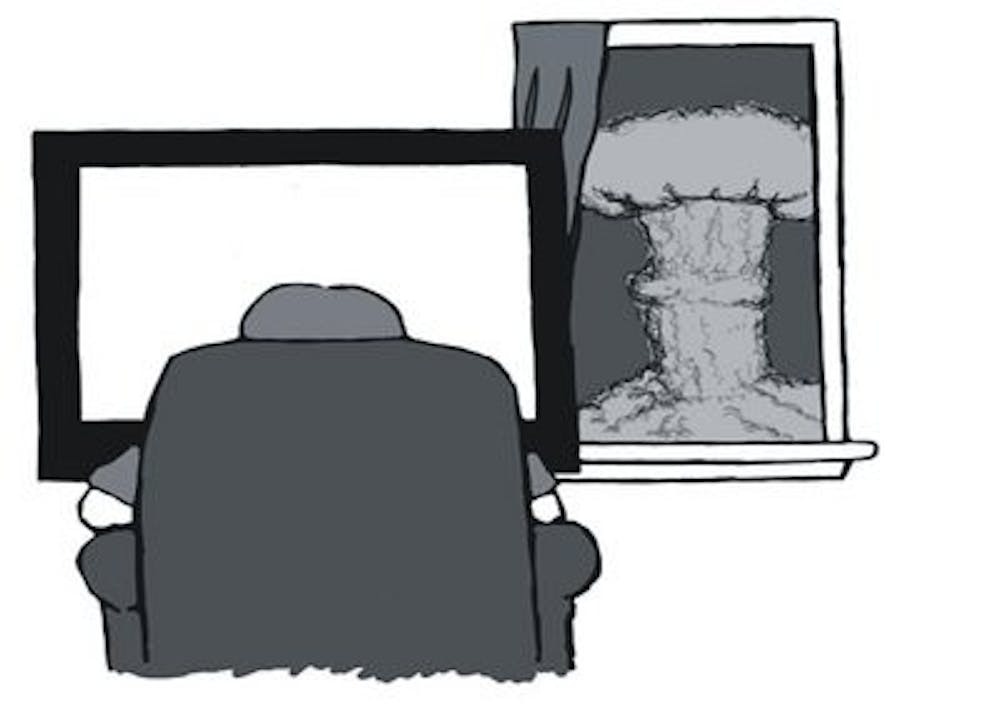For most of us in Auburn, Jan. 1 began a new year and a new semester with fresh hopes and perhaps clean starts where needed. For nearly everyone in the Syrian cities of Damascus and Homs and Aleppo, it simply rang in the third calendar year of a relentless and bloody civil war that has largely been ignored by the rest of the world's media and governments. For dozens of families it was the day they lost a parent, spouse or sibling to yet another car bomb or air raid.
A recent United Nations study counted nearly 60,000 individuals who had been killed through November 30 since the first casualties of the uprising on March 15, 2011. While in the summer of 2011, it was reported that nearly one thousand people were being killed each month, international and Syrian non-profit analyses now say as many as 5,000 people are being killed each month.
It is safe to assume that by the end of this month more than 70,000 people will have died in Syria as a result of President Bashar al-Assad's crackdown on his citizens.
But how many Auburn students would have guessed a number in that ballpark? How many even know that there is an ongoing civil war in Syria?
Sadly, various polls and quizzes and articles tell us chances are likely that a large number of college age Americans couldn't even label Syria on a map.
Many comedians and talk shows have made famous the skit in which a host with a microphone and camera asks random people on the streets of New York or Los Angeles if they can identify leaders of their state, Congress or other countries, and found they more often than not recognized reality show stars, athletes, actors or musicians at far higher rates.
But this isn't about the facial recognition of lawmakers or celebrities you see or don't see on a daily basis. It's about simply being aware of what is happening to other humans around the world.
Although simply being caught up on current events gets next to nothing done as far as problem solving goes, being informed from wellvetted and respected news organizations is a great start to a better conversation about humanitarianism and foreign affairs.
It does America no good for a tiny handful of news junkies and Washington lifers to be the only ones with a decent depth of knowledge about what happens in the Sahel, Levant or South China Sea.
Fad-like sympathy campaigns are too often the only exposure many Americans, particularly those our age, have to atrocities around the world. Whether it's the semiannual African hunger and slavery awareness campaigns or the waiting for a hurricane to strike Haiti to realize it exists, we wait for someone good-looking with half-decent video editing skills and a few tear-jerking montages to tell us to stick posters around our town and then by Friday we forget what we were blowing up Facebook with on Monday.
Our time in college is one of the best opportunities to be informed. The easiest step could be a Twitter follow of an international newspaper or blogger.
This year, let's all try to be a little more informed about the world and other nations and it just might make us all a better citizen, student and neighbor.
Do you like this story? The Plainsman doesn't accept money from tuition or student fees, and we don't charge a subscription fee. But you can donate to support The Plainsman.





